Buy One Get One FREE on Everything. Use Code BOGO1
![]()
![]()
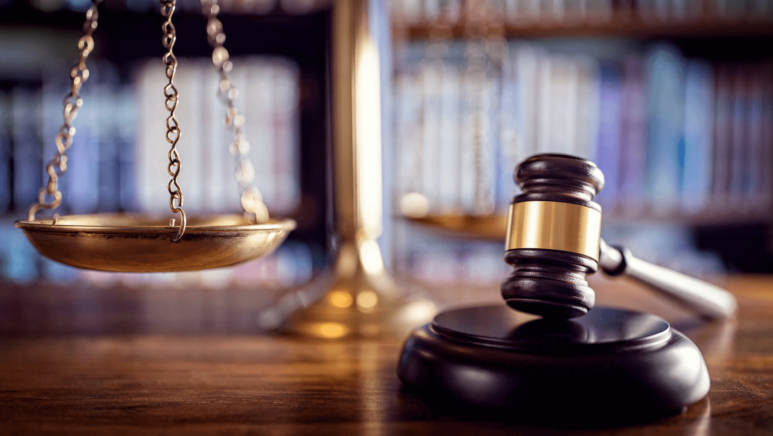

First, CBD has seen popularity like no other. A chemical fit to treat even the most severe health conditions, it is being claimed as a wonder drug. The best part of the CBD is the simple to use and convenient nature of it. Users can feel an improvement within weeks of trying products infused with the CBD chemical. Studies already carried out by experts bear testimony to how beneficial CBD can really be to human beings and animals alike.
Is CBD legal in all states?
The chemical is loaded with holistic properties. CBD is coupled with the easy availability and a fair price tag. This is the main reason many health-conscious people are making CBD a part of their daily lives. But then is the obvious question of its legality. Just a couple of years ago, CBD was considered an illegal item. In fact, all cannabis products were.
They were assumed to produce a state of high among the users. The passing of the Farm Bill in the year 2014 has shifted the game now. Hemp has been made legal by the government. People are free to grow and retail them.
But does this rule hold true for CBD and its products as well? Well, it is a little complicated. In this article, we will try to lay out all the nuances associated with the chemical and its legality.
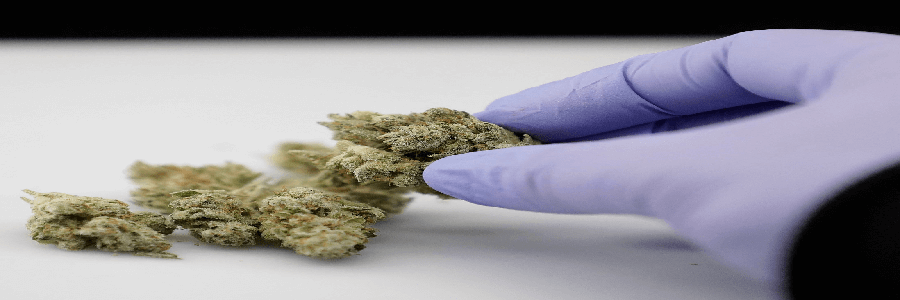

Cannabidiol or CBD is a chemical constituent found growing in the Cannabis Sativa plant. It is a naturally occurring chemical that has a wide array of benefits. It can work wonders for the overall wellness of the body. It can treat anxiety, hypertension and other health diseases in a significant manner. CBD is a non- hallucinogenic chemical. The oil extracted from the chemical is called CBD oil. With the chemical taking over the health sector by storm, one can expect CBD to stay in the medicine game for a long time.
More than 80 chemicals, more or less are found in the marijuana plant. The most prominent of the chemicals being CBD and THC. Both chemicals have many health benefits for human beings. Health specialists are actively combining the chemicals together. This helps to increase the potency of the chemicals, resulting in a very strong reaction. This mixing strengthens and magnifies the wellness effects of THC and CBD chemicals.
This reaction is termed as the “Entourage Effect.” The Full Spectrum CBD oil is a result of this reaction. The time taken to treat issues is also reduced greatly. This is because of the increased potency.
The CBD oil has a distinct, strong taste. This automatically means that products using the oil will also be the same. Not many like the taste and consider it unpleasant. To combat this issue, CBD brands are making products so that the user can skip the bad taste. Products like the CBD capsules and pills need to be directly consumed with water. This helps to completely avoid the taste.
Then there are also CBD gummies and gummy bears. These products are extremely delicious with a fruity and sweet taste.
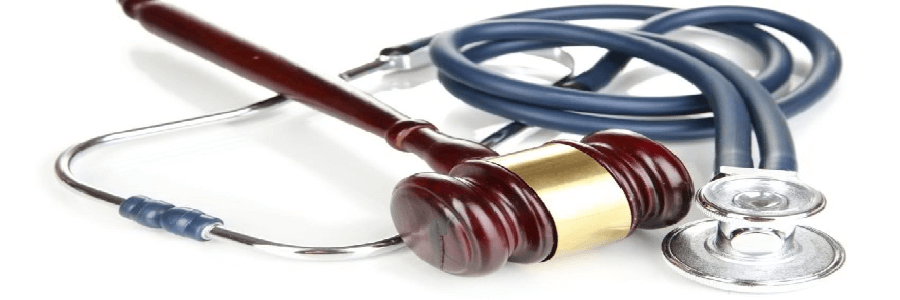

The Food and Drug Association or the FDA still has doubts regarding the CBD chemical. It does not recognize the chemical as a dietary supplement or food supplement. Talking in terms of safety of the chemical, yes CBD is 100 percent safe. The chemical also does not have any major side effects that the user needs to be aware of. There is, however, the need for more medical studies to be carried out in the CBD world.
As there are no set guidelines on the chemical by the FDA, the responsibility is shifted to the user. The buyer must be careful when buying CBD products. Brands with goodwill have proven to give high-quality products that are actually effective. It is better to contact a professional to understand the working of CBD and an optimal dosage plan. Though it will surely take time, yet it better to not take any risks.
No, there will not be any reason for a CBD user to fail Drug tests. To fail any drug test, the THC content in the body needs to be greater than 0.3 percent. CBD does not satisfy this condition. This is the main reason why CBD products will not make the user high and in turn, fail drug tests.


There are many benefits that the user can attain by CBD consumption. CBD helps to maintain the mental and neurological health of the user. Also, the physical health of the person sees a vast improvement as well.
Joint health and muscular health can be treated by CBD products. You see, the chemical CBD has anti-inflammatory properties that reduce the inflammation in the affected areas. The product is an excellent pain relief stimulant. Topicals are great for this purpose.
Multiple Sclerosis is an autoimmune disease. It affects the whole body by disrupting the working of the nerves and brain. CBD helps to reduce the intensity of muscle spasms felt by a person suffering from MS. It is actually a common and frequent symptom of the disease.
CBD helps treat Chronic pain
Chronic pain can occur in any part of the body. Patients can have a really hard time with this health condition. If the user does not have access to proper medication then the problem is only more acute. Many studies have found CBD to actively help treat chronic pain. Also, CBD users also cannot build a tolerance level to the therapeutic effects of CBD. This removes the need for increased dosage after continued use.
CBD oil has many elements that help it target and heal many diseases. Some of the most common diseases are listed below-
• CBD is great for people who want to control their smoking impulses. It helps to quit nicotine and drugs. Also, it helps to fight withdrawal tendencies as well.
• CBD effectively reduces the intensity of seizures and epilepsy-related problems.
• CBD helps to reduce the levels of anxiety.
• CBD can help provide treatment for Alzheimer’s and Parkinson’s.
• CBD has antipsychotic effects which are very beneficial for people with Schizophrenia.
• CBD is great to improve the user’s skin condition. Acne can be effectively treated by the user. It can reduce inflammation and control the secretion of sebum.
• CBD can help treat diabetes and cholesterol of the user.
• CBD helps to reduce risks of cancer and heart-related diseases.
Though there is still a need for more research to explore all the possibilities in the world of CBD. This is why the FDA has not approved the drug completely. It has though accepted a form of CBD that can be used to treat epilepsy. This epilepsy is of the rare kind though. Epidiolex is the name of this drug.
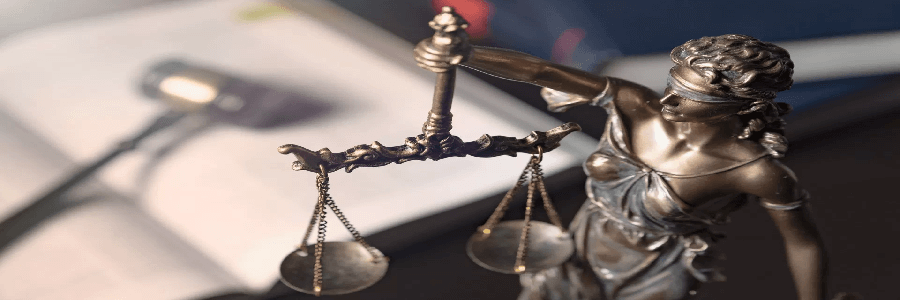

The 2014 Farm Bill has made the act of growing hemp is legal in all fifty states. Yet, the legality of CBD is still confusing for many people. And rightly so, there are different state rules that make CBD laws very confusing on a whole. Read on as we try to navigate through the world of CBD and laws relating to it below.
The Cannabis Sativa plant is the main plant for CBD oil. The hemp plant and the marijuana plant are actually variations of this plant. Hemp plants usually contain more of the CBD chemical and low levels of THC chemicals. This is a completely natural occurrence as well. Marijuana plants contain more concentration of the THC chemical. The CBD concentration is lesser there. This is the main reason due to which marijuana plants are still banned in countries.
The CBD oil derived from the seeds of the hemp plant is legal in all of the United States of America. CBD oil derived from marijuana plants are not legal federally.
This often raises the question of why is the treatment different when both are mainly the same plant.
The similarity between the two plants is because of the same mother plant. The difference though is due to the chemicals that primarily constitute them i.e CBD and THC.
THC is a chemical that elements of which are psychoactive in nature. The scientific name for THC is Delta (9)- tetrahydrocannabinol. Whereas the CBD chemical is one that does not contain any such elements. The THC and CBD chemicals store anti-inflammatory and antidepressant properties in them. It helps provide treatment for many health conditions. They help to calm and relax the mind. It is great or the heart and the other functions of the body.
In short, the health benefits that the user can get by using these chemicals is immense. But THC can alter the conscious and movement of the user. CBD though thankfully, does not produce any high for the user. The state of euphoria one usually associated with cannabis is not possible through CBD consumption.
The Farm Bill that we had mentioned before in the article has defined a ‘legal’ cannabis product. Under the law, the hemp plant is one which contains THC traces less than 0.3 percent. So, if the CBD oil’s THC content is less than 0.3 percent, it is legal federally. Marijuana plants, of course, have a THC content level greater than the specified percentage.
As mentioned above, Marijuana cannabis plants have a low percentage of CBD than hemp plants. CBD companies use hemp-extracted CBD oil to avoid any complications of the law. Even drug tests have the same rule. Thus, it makes more sense to use CBD products that have been extracted from the hemp plant and its seeds.
This is why marijuana plants are not legal in the eyes of law and hemp plants are.
All in all, if your CBD product contains CBD oil extracted from the hemp plant, you are safe. But if the mother plant is marijuana then it will only be legal if your state has made it legal.
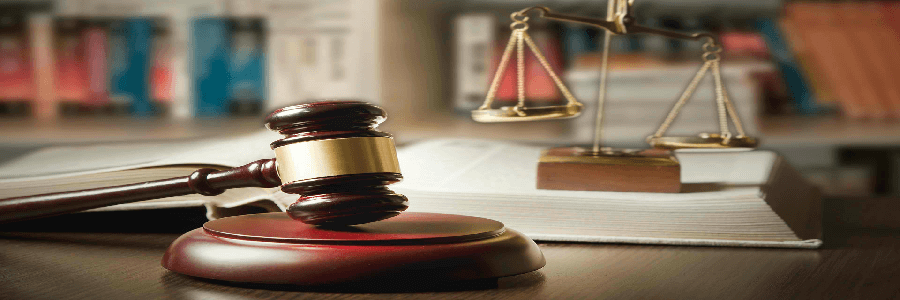

The good news is that there is no place throughout the country where CBD is not legal. So, no matter where you go, CBD is legal in all fifty states.
The bad news is that since the 2018 Farm Bill is very recent, the CBD buyer may face certain difficulties. Not all the fifty states are ready to welcome CBD with open arms. Some states have cleared CBD for both medicinal and recreational purposes. Some states only recognize CBD for its medicinal use. But then there are states who have a stricter outlook towards hemp-derived products, including CBD.
This will surely change soon but it will take time. We have made a list of all the states and their respective stance on hemp-derived products below-
The categories are four to help you understand the state laws even better – Most receptive States, Receptive States, Gray Area States, and the Extremist States.
Under this head, the states have clear laws embracing industrial hemp-derived products. Retailers are free to sell such products and citizens are free to buy them.
These states are Oklahoma, Vermont, Tennessee, Alaska, Rhode Island, Colorado, Illinois, Indiana, Oklahoma, Kentucky, Maryland, Missouri, and New York. Also, North Carolina, Oregon, South Carolina, Utah, Texas, and Wisconsin are the other states which fall under this category.
Under this head, the states have excluded industrial hemp from the definition of marijuana. Of course, the help derived products have to satisfy the Farm Bill condition of the specified THC percentage.
States under this category include Hawaii, North Dakota, and Montana. The District of Columbia, Kansas and New Mexico are the other jurisdictions.
Gray area states have separated industrial hemp-derived products from illegal products. The states allow the retail and purchase of the products as well. But they have certain reservations for the Farm Bill. Basically, they do not consider all the hemp-derived products completely legal and have exemptions for the Farm Bill law.
States under this category are Massachusetts, Arkansas, Nebraska, Connecticut, Georgia, and Minnesota. Then there is also Louisiana, Maine, Washington, Delaware, Mississippi, New Hampshire, Idaho, Iowa, New Jersey, Pennsylvania, Virginia, and Florida.
It is the laws of states under this head, that can create problems for a CBD buyer. The states do not really have any clear ban on the sale of industrial hemp-derived CBD products. But the recent law enforcement acts do change things a bit. Retailers do take risks when they sell such products.
These states include California, West Virginia, Alabama, Nevada and Michigan. Arizona, Michigan, Ohio, South Dakota, and Wyoming fall under this head as well.
Here is a more in-depth account of all the laws in the different states of the United States of America.
Hemp is not categorized as a cannabis product anymore. Growing and the sale of Hemp is 100 percent legal. In short, they accept the 2018 Farm Bill. The chemical CBD is still a controlled substance.
Florida has passed the law to make hemp and hemp products legal in the state. Under this, CBD is also 100 percent legal. They have abided by the 2018 Farm Bill and the Governor will soon sign the legislation.
In this, hemp has been excluded from the list of scheduled substances. It has also created a program supporting the growing of hemp. Yet, the Georgia Agriculture Commissioner recent statement is still consistent with the FDA’s approach towards CBD. This means that the state does not recognize CBD as a food or dietary supplement. And if included, it will be illegal.
The state considers the retail and purchase of CBD and its products illegal if done outside a licensed medical cannabis dispensary. It is also necessary to have a prescription here. The Department of Health stated, “interstate sale and distribution of cannabis-derived products including products containing CBD is illegal” if they do not fulfill the above-mentioned conditions. Hawaii also has an approach consistent with that of FDA’s.
The state of Iowa, similar to Georgia, has created a hemp growing program. Hemp and hemp-derived products with the THC content below 0.3 percent are excluded from the definition of marijuana. The state has made the retail sale of hemp products legal. But the Iowa approach is like that of the FDA. It has not legalized the retail sale of CBD.
The retail sale of CBD is still illegal in this state. But there is improvement where hemp is concerned. Hemp and hemp products are no longer considered as controlled substances. Nebraska has also established a hemp program.
The state is currently developing legislation in this matter. It is claimed that the retail sale of hemp-derived CBD will become legal after it is passed and signed.
Oklahoma has actually approved the sale of CBD products derived from the hemp plant. It does have certain conditions for the products though. The manufacturers must label their products accurately. The label must mention the CBD’s country of origin. Also, whether the CBD is natural or synthetic must be shared.
CBD in the State of Texas
This state has passed laws that will protect CBD as it is a hemp-derived product. It has recently created a program supporting the growth of hemp. The legislation of Texas even has sections for retailer registration requirements and product labeling.
Virginia does not permit the CBD products to be used as a food or dietary supplement. Even interstate commerce has strict rules in support of the illegality of CBD, including the hemp-derived CBD.
To conclude, different states have different laws on CBD and its products. The main reason for this that each state has the right to formulate and affect their own policy. Industrial hemp activities have permissions making it legal federally for sure. But, the 2018 Farm Bill and federal laws still do not preempt the laws of the various states.
The case of CBD and its products is similar to that of alcohol. Like how even after the repeal of Prohibition, there are state laws restricting the retail sale of the product. Same way, industrial hemp-derived products, even after the passing of the federal Farm Bill, are still facing prohibitions.
The main reason for this is that some states still term the products that come from the marijuana plant as marijuana itself. They think that like the element, CBD products will leave its user stoned. There is also a need for more detailed research in the field of the CBD chemical to understand it better.
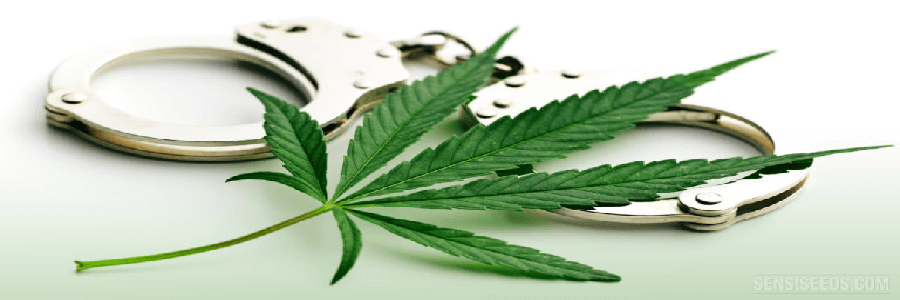

It is federally legal to buy and consume CBD derived from the hemp plant. This applies to all the fifty states of the country. We can soon expect new rules and regulations making the laws clearer on the chemical CBD. It will just take time.
The whole stand is murky at the moment, but we can expect things in favor of CBD. This is because of the studies that have already been carried out to validate the health benefits that the user can get through the consumption of CBD. Also, experts also say that there are no confirmed side-effects of CBD.
The popularity of CBD is only increasing with every passing day. It will be interesting to see what the state government and the main legislation does with regards to CBD.
![]()
![]()
![]()
![]()
![]()
![]()
We The People Hemp was founded in 2018 to bring quality CBD products and information to the global marketplace.
![]()
![]()